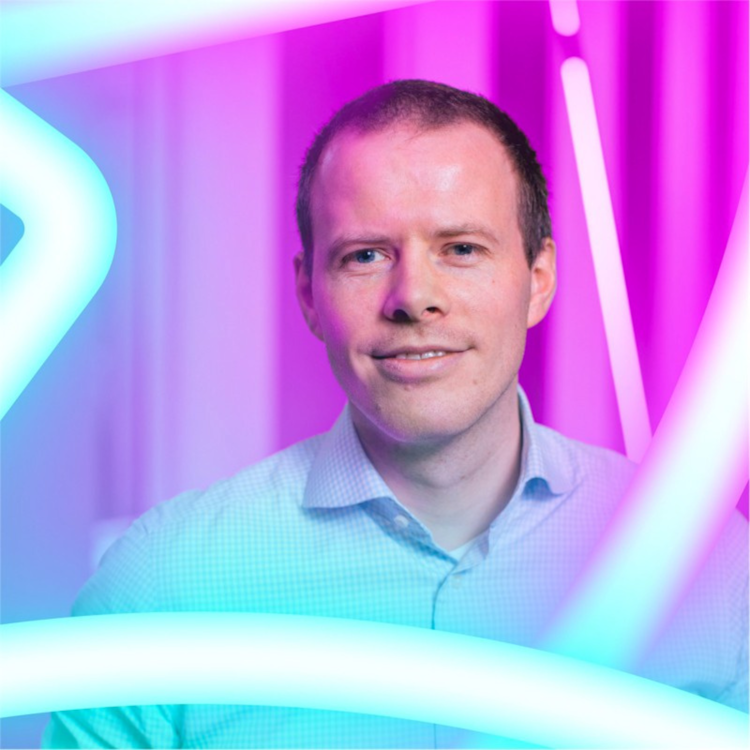When I left Germany for Denmark, I was convinced I’d come back home one day. But 12 years on, I see no move in sight.
Denmark’s vibrant tech ecosystem has convinced me I made the right choice as a founder and operator. Still, I get questions: “The German tech scene is so much bigger, why stay in Copenhagen?”
Here’s what I tell the sceptics.
People are happier in Denmark
To put it bluntly: people are a lot less grumpy here than they are in Germany.
According to the World Happiness Report, Denmark ranks as the second happiest place on planet Earth — in no small part thanks to its great welfare and education systems. It's also down to the Danes’ love for social activities and "hygge" — the serene, social art of enjoying the company of those close to you.
Wider pyramids, not taller
Like its countryside, business hierarchies of Denmark are flat. Flatter structures mean better team spirit and enable faster decision-making, giving businesses the agility to quickly adapt and change should they need to.
This view of hierarchy is an extension of the Danish mentality. In schools and universities, people are taught to disagree and encouraged to question the status quo. They know that things don't have to be the way they are — maybe not the best mindset for running huge companies, but exactly the kind of talent needed to get a small business off the ground.
The Danes believe that teams won’t function well by just deferring decisions back to managers. Instead, the higher-ups understand their roles and functions and, as a result, become better delegators.
No ink, no paper
While many Germans still walk around with cash in their pockets, analogue currency has gone out of fashion in Denmark. According to a report from the Danish National Bank, cash made up just around 13% of payments in 2021. This wide acceptance of digital payments also translates to more general digital maturity; grandparents understand FaceTime, taxes are filed online and you most likely see your doctor through an app. These are perfect conditions for entrepreneurs and software startups — and just make everything less complicated.
At Growblocks, the only times we’ve ever used pens are for Post-It notes or birthday cards. From registering the company and ordering office supplies to signing rental agreements and employee contracts, everything else is digital.
Proficient professionals
Denmark boasts a highly educated and skilled workforce, including a strong pool of tech and STEM talent coming out of high-quality, local universities that are free for EU citizens. And, since everyone speaks English, finding like-minded people and making friends isn’t hard.
Filling the country’s talent pool with talented individuals from the EU and beyond is an ongoing focus of the government. In March this year, adjustments to the Danish Aliens Act were introduced to attract even more talent.
The changes include lowering the salary requirements for foreigners applying for work and residency permits. For Fast Track schemes, companies used to need 20 full-timers — now they only need 10. Additionally, the Startup Denmark programme now extends residency rights to non-Danish business owners.
When viewed separately, these changes might not seem like much. But together they paint a clear picture of what’s happening in Denmark. A new mindset is being formed, and the country is changing gears to entice more professionals for the future.
A better balance
According to the OECD, the Danes have the best work-life balance in the world, and only about 1% of Danish employees work long hours — much less than the average of 10%.
While a work week for a German startup can easily clock in at 60+ hours per week, Danish working parents often leave the office to pick up kids at 15:00. What they don’t have time for during the day, they just finish up on the couch at home. Seeing their friends, making time for hobbies and enjoying holidays (the standard here is 25 vacation days a year) are all much more important things than work to the Danes.
This approach to life has allowed me to be both a founder and a good parent. I’ve realised that all the important work can be done during actual, contracted work hours.
And it’s a great relief to come to accept that I am not the most important figure in my employees’ lives.
I’m now another brick in Legoland
In the end, it was easy for me to fall in love with Denmark. It’s a country that accommodates my needs as a person (and now as a parent!).
Compared to slogging through German bureaucracy, I also appreciate not having to stand in line for hours at some department, only to be rejected once at the counter for missing an initial on a dotted line. Here, I just click "submit" instead.
A great idea has a greater chance here in Denmark.
Maybe that’s why they’re all so happy.



